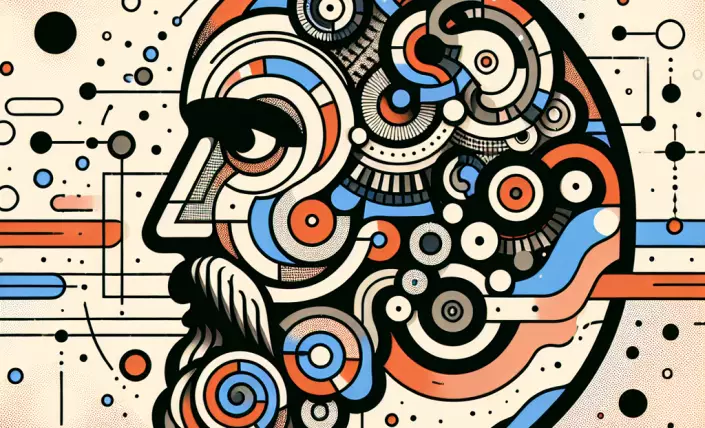In the vast tapestry of human thought, few philosophies invite us to question the very essence of our existence as profoundly as the teachings attributed to Siddhartha Gautama, commonly known as the Buddha. His insights challenge us to reconsider the nature of self, consciousness, and the fabric of reality itself. Central to this exploration is the concept of 'anatta' or 'anatman', often translated as 'non-self'. This notion subverts the conventional understanding that each individual possesses a permanent, unchanging essence. Instead, it suggests that what we consider the 'self' is an aggregation of ever-changing phenomena, a fluid amalgam of perceptions, sensations, and consciousness.
The idea of non-self is not merely a philosophical abstraction but a call to introspection. It invites us to examine the transient nature of our thoughts and emotions, recognizing that they are fleeting, without inherent substance. This realization can be both liberating and unsettling. It liberates by freeing us from the constraints of ego and self-centered desires, which are often the root causes of suffering. By acknowledging the impermanence of our experiences, we begin to detach from the relentless pursuit of pleasure and avoidance of pain, understanding them as temporary states within a larger continuum.
Yet, the notion of non-self can be unsettling as it disrupts our ingrained belief in a persistent identity. We are conditioned to perceive ourselves as discrete individuals, with fixed attributes and a consistent narrative. This perception is reinforced by societal norms and personal experiences that demand a coherent self-image. The challenge lies in reconciling this ingrained belief with the Buddhist perspective, which sees identity as a construct rather than an inherent truth. By embracing the fluidity of the self, we open ourselves to a more profound understanding of interconnectedness. We begin to see ourselves not as isolated beings, but as part of an intricate web of life, where boundaries between self and other dissolve.
Furthermore, the concept of 'anatta' complements the Buddhist teaching of 'dukkha', often translated as suffering or unsatisfactoriness. The recognition of non-self illuminates the sources of our dissatisfaction. Much of human suffering arises from clinging to the illusion of permanence and the mistaken belief in a stable self. By letting go of these attachments, we can alleviate much of our existential angst. This does not imply a nihilistic rejection of identity but rather a transformative understanding that liberates us from the shackles of ego-driven existence.
As we navigate the complexities of modern life, the teachings of non-self offer a pathway to mindfulness and presence. By observing our thoughts and emotions without attachment, we cultivate a space of inner peace and clarity. This practice of mindfulness, rooted in the awareness of impermanence, allows us to engage with the world more authentically, free from the distortions of ego and illusion. We learn to respond to life's challenges with equanimity, grounded in the awareness that all phenomena are transient.
In conclusion, the Buddhist philosophy of non-self invites us to embark on a profound journey of self-inquiry and transformation. It challenges us to question our assumptions about identity and to embrace the fluid, interconnected nature of existence. By doing so, we can transcend the limitations of ego and discover a deeper sense of freedom and compassion. This journey is not one of passive acceptance but of active engagement with the unfolding reality, where each moment becomes an opportunity for growth and awakening. In recognizing the illusion of self, we unlock the door to a more expansive and harmonious experience of life.










